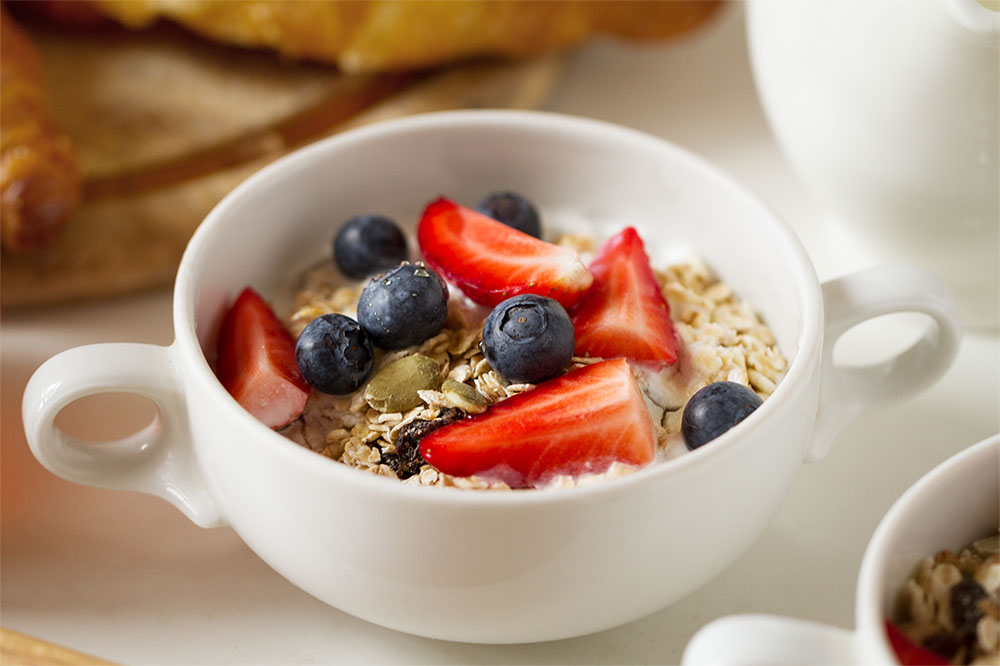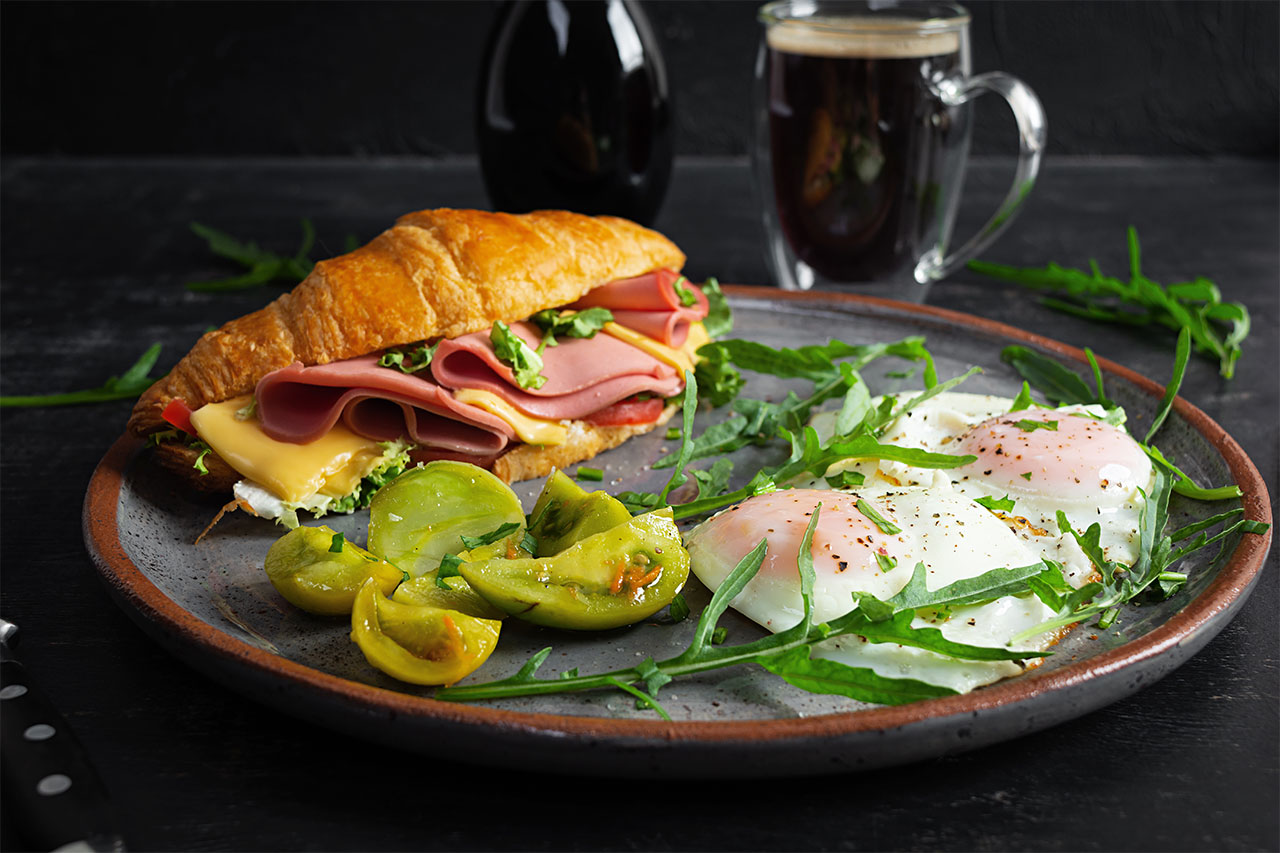You must have received a lot of information and advice suggesting what and when to eat after a workout. Should you eat proteins after working out? How much do you consume at different times during the day? Plus, since you burn more proteins during a workout, how and when should you replenish your body for recovery? Read on as we discuss how protein benefits the body after tough workouts.
Protein for Post-Workout Recovery
First of all, remember proteins are part of the daily nutrients your body needs whether you’re on a fitness regime or not. According to the USDA, for men and women over 19 years of age, the daily intake of proteins should be between 5 and 7 ounces.
Another way to look at the dietary intake is against your body weight, where you should aim for about 0.36 grams per pound of your weight. Though you should aim for 0.36 grams per pound, your protein needs are different if you have an active lifestyle. Hence, you would need between 0.55 and 0.77 grams for endurance training, while strength training would require 0.64 to 0.77 grams per pound daily. The consensus is consuming about 20 to 30 grams of protein in one sitting to enhance muscle protein synthesis.
Experts suggest that pre- and post-workout protein intake has a higher delivery of proteins to muscle cells than when you eat more proteins in the morning and evening.
The anabolic window, or post-workout period, is also a recovery phase where your body repairs damaged muscle fibers. It also replenishes its glycogen stores. Many assume taking more proteins post-workout will enhance the gains from the workout, but the body actually uses proteins and carbs to recover. The benefits are enhanced if you consume proteins about an hour after exercise to six hours later.
Take note that this also depends on the state you were in before working out. If you had little to no meals before, you exercise in a fasted state, so the anabolic window is tighter than for someone who took proteins and carbs earlier.
Proteins to Eat After Workout


We absorb plant and animal proteins differently. As such, one suggestion is consuming a mixture of fast and slow proteins. About 3 ounces of poultry give you 25 grams of protein, while fish has 20 grams per 3 ounces. Other sources are Greek yogurt, eggs, tofu, and beans.
Your options after working out are a snack or a full meal rich in proteins and carbs. A snack reduces hunger, so you have time to cool off as you leave the gym to enjoy a full meal.
Maybe you can start with something as simple as a pumpkin protein bar to give you proteins, carbs, good fats, and a range of vitamins and minerals. It’s easy and quick to prepare before going to the gym, plus the ingredients are affordable. You only need chia seeds, walnuts, pumpkin, coconut sawdust, an egg, and some protein powder. Alternatively, try a chicken and nuts salad with almonds, lemon chips, brown rice, and green onions.
One of the nutrients you’ll be targeting is leucine, an amino acid found in dairy that helps in muscle protein synthesis. About 3 to 4 grams of this amino acid increases synthesis. However, the process requires insulin, so your post-workout meal should have some carbs. One drink that includes both nutrients is chocolate milk. One cup has about 8 grams of protein and 12 grams of carbs.
Chocolate milk also contains water and electrolytes like sodium and calcium. Some studies suggest chocolate milk as an alternative to water post-workout, but the dairy industry sponsors most of those trials, so there might be bias.
If you’re a non-dairy person, you may get the same nutrients in whey because it can give you about 3 grams of leucine per serving. There are many such options in the market.
For instance, if you are a hard gainer, you have options with a 1:2 protein-to-carb ratio. Some also contain micronutrients like vitamins and minerals, so you get more from the mass gainer.
Don’t forget that there is such a thing as “too much protein.” Overconsumption can increase body fat or burden your kidneys. It may also cause dehydration and loss of calcium. The other bad thing is if you focus solely on proteins and neglect your carbs intake. This will make your body burn proteins for energy when it exhausts carbs.
Final Thoughts
Post-workout nutrition matters as much as what you eat before hitting the gym. On top of that, you’ll be dealing with damaged muscles and depleted energy reserves. It makes your meal plan after endurance or strength training even more critical to whether you can go to the gym the following day.
Therefore, consider meals that start rebuilding your body between one and six hours after exercise. They don’t have to be complex meals as you can start with a snack. The goal is to get about 20 grams of protein in every meal, whether from plant or animal sources.

